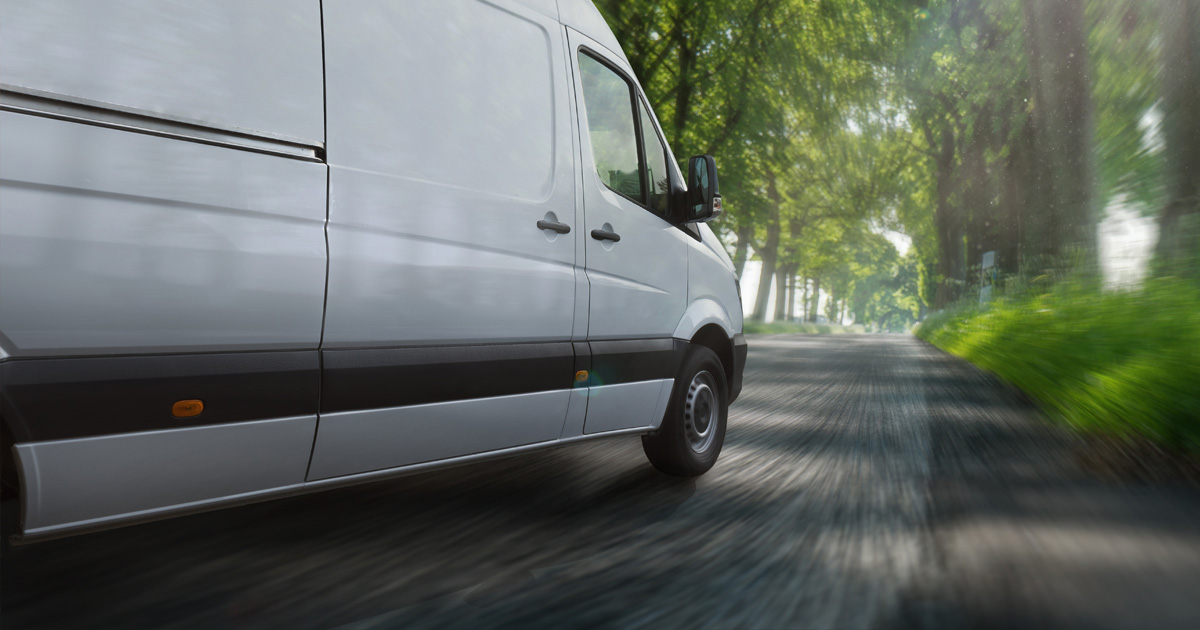Written by six students from the University of Southampton working as part of CitySprint's partnership with the Transport Research Group (TRG).

With Britain’s cities increasingly congested and resultant air quality of greater concern than ever, it’s clear that a major overhaul in how same day couriers operate their services is desperately needed. As a market-mover in last mile delivery and the largest same day courier in the UK, it is CitySprint’s responsibility to pioneer change in the logistics industry for the better. But how can these issues be addressed whilst still placing customers first and reducing the environmental impact of service?
That’s exactly what us final year engineering students at the University of Southampton hope to crack. As part of CitySprint’s partnership with the Transport Research Group (TRG), this team has been processing CitySprint’s data to identify areas where inefficiencies exist and creating novel solutions that will reduce environmental impact whilst improving the already exemplary level of service CitySprint is renowned for.
The fast paced, ever changing nature of same day A to B couriering means that delivery vehicles are frequently under-filled as drivers and riders rush from one pick-up or drop-off to the next, responding to new jobs in real-time to ensure all freight gets to where it needs to go. In response to this, the team’s analysis of CitySprint’s current operation has identified the most common ‘highways’, or pairs of pick-up and drop-off postcode areas that occur most frequently. These routes, with couriers rushing back and forth, raise the possibility of doing something unheard of in this industry: slowing down. Staying in high volume pick-up areas just a little longer would allow drivers to treat these areas as depots, and take a few more jobs as they come in to fill their vehicles better before setting off down the ‘highways’. Better vehicle utilisation means fewer trips up and down the highways and quicker service, and fewer trips helps the planet too.
Some jobs are a poor fit for this waiting game, yet improvements can be made for these as well. Trends in where pick-ups are required at various points in the day are allowing us to identify where couriers should be heading before calls are even made, improving the speed of service and reducing the time spent driving (and polluting) in the wrong direction. But that’s not all. Expanding the fleet of electrically assisted cargo bikes for high-density short-distance jobs such as in the city will allow CitySprint to keep the more traditional delivery vans away from some of the most congested parts of London. Cargo bikes are significantly quicker in traffic, much easier to park, and surprisingly have more than enough capacity for the vast majority of deliveries. The fact that these bikes can do all of this without releasing pollutants into the air has the team from Southampton rushing to find other areas where they might augment the fleet.
One thing is for sure, with London’s latest push on reducing emissions through the recent introduction of the T-Charge and the upcoming ULEZ, courier companies need to think smart to adapt and survive despite these disruptions. CitySprint is paving the way in London’s strive towards a more sustainable
same day delivery industry and will continue to find environmentally-friendly solutions to provide the best possible service to its clients. With growth in this sector thanks to e-commerce and a commitment to the future of our company and the planet, we can only go from strength to strength.